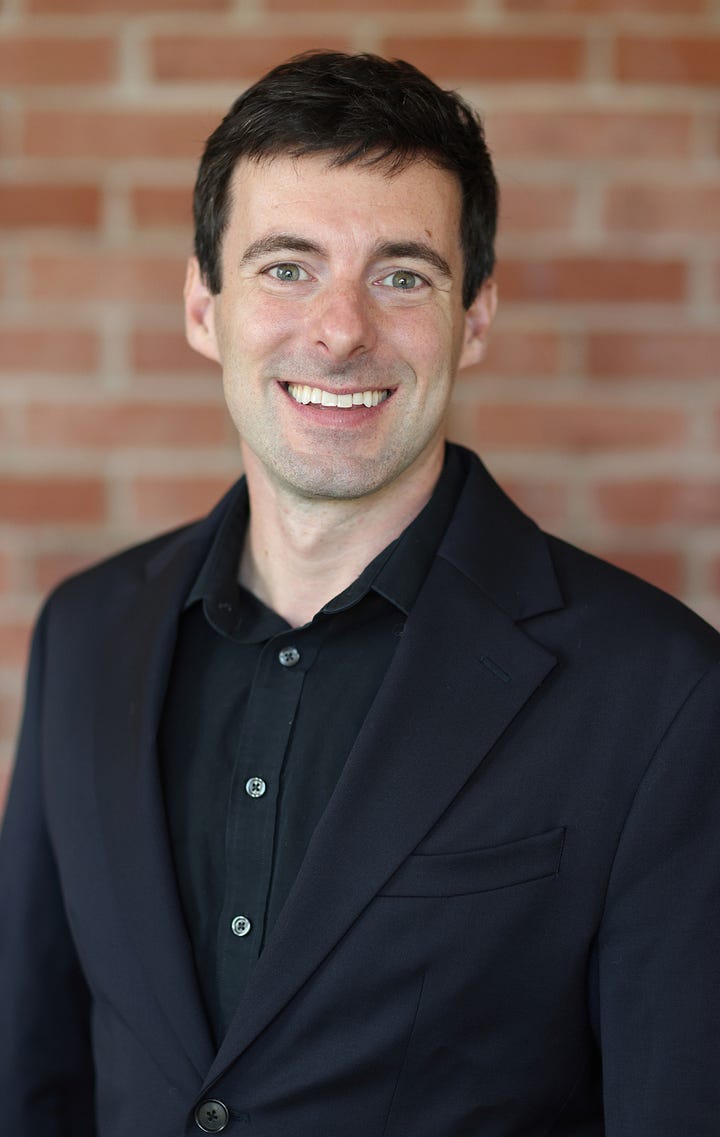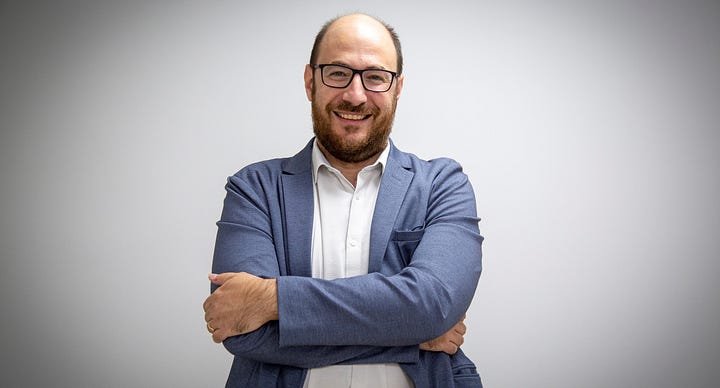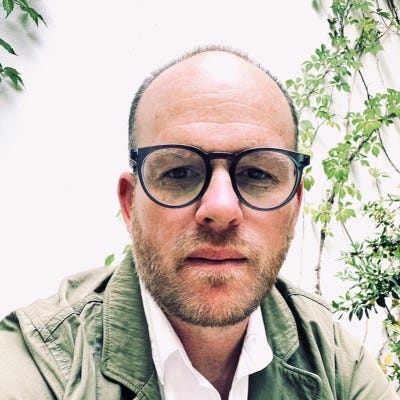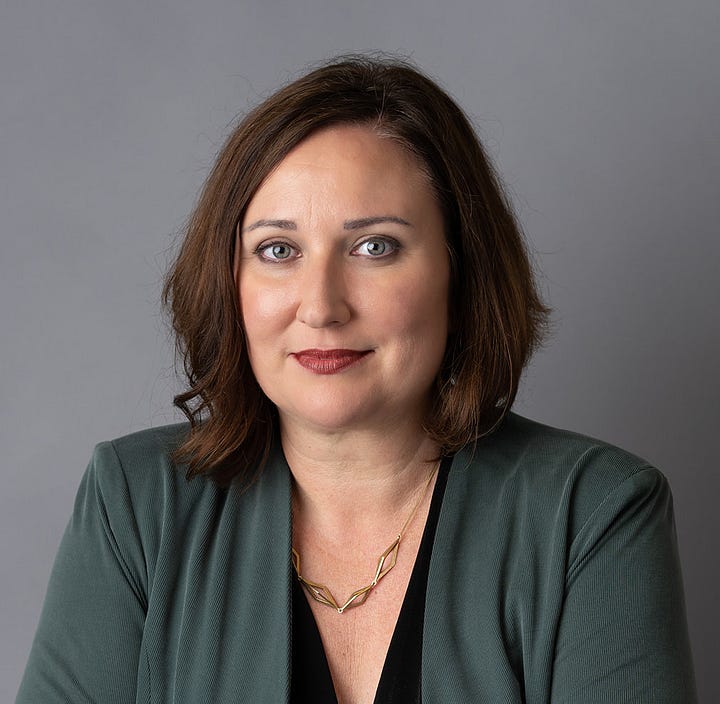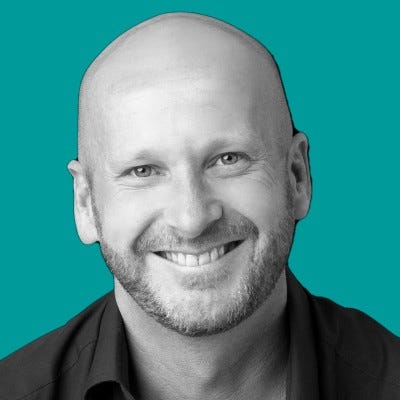WSIS+20 to Chart Course for Digital and Sustainable Development | UN Human Rights: Discrimination of Older Women in the Workforce Leads to Poverty | Longevity: The Science of Healthy Ageing
Interview with Dr. Claudia Mahler, PhD, UN Special Rapporteur on Aging | Interview with Dr. Valter Longo, PhD, on Diet and Healthspan | Register for WSIS+20
Welcome to another edition of THE UN BRIEF.
Join our LinkedIn page
This week we have:
WSIS+20 and AI for All (almost)
UN to Discuss Human Rights of the Elderly
Fasting and a Healthy Diet Key to Longevity
Ozempic on the Red Carpet and the Emergency Room
*scroll all the way down
World Summit on the Information Society Brings Civil Society, Private Sector, Academia, and High-Level Government Officials from 160 Countries to Chart Course for Digital and Sustainable Development
To push global efforts to bridge the digital divide, and evaluate how emerging technologies shape society, the UN specialized agency for digital communications, the International Telecommunication Agency, (ITU), will bring together government representatives, private sector, academics, and NGOs, to look at the future of connectivity, and the impact of the Internet on society as a whole.
This high-level forum serves to enhance collaboration between government officials, private sector leaders, civil society representatives, and academia, with the 17 UN Sustainable Development Goals as a framework.
Over the course of the week, participants from the United States, China, and the European Union, alongside low-to-middle-income countries, Small Island Developing States (SIDS), and Least Developed Countries (LDCs) will be looking at how to deploy connectivity to roll-out the global digital economy, and engage in discussions on critical issues of infrastructure building and the development of policies for services and content. The knowledge layer of the Internet.
Artificial Intelligence, Generative AI, and its impact on newsrooms, education, and democracy will be discussed.
Emerging technologies like artificial intelligence and its many applications, cybersecurity, privacy governance, and digital inclusion through infrastructure development and educational initiatives will be discussed during 250 plus sessions throughout the week.
A highlight of the week will be a ministerial roundtable reflecting on 20 years of WSIS implementation and its role in achieving the UN's 2030 Agenda for Sustainable Development.
The WSIS process, established by the UN through two landmark conferences in 2003 and 2005, has provided a framework for international cooperation by outlining 11 key "Action Lines" to guide policymakers and stakeholders in harnessing the power of new technologies for development.
The WSIS+20 Forum will explore how the WSIS process can adapt and contribute to progress towards the SDGs. The forum's outcome will directly inform the UN General Assembly WSIS+20 review scheduled for September, and will contribute to shape the UN Global Digital Compact text and the Summit of the Future, according to the principles outlined by the UN Secretary General Common Agenda.
The event will showcase success stories through the annual WSIS Prizes, recognizing grassroots efforts around the world that leverage digital technology for sustainable development, to protect the rights of the elderly in the job market and addresses the health needs of the aging population around the world.
A prize was created to award technology companies that work to address the issues of inclusion in the job market of an ageing demographic, in particular women, who take years off the job market to raise children, or care for the elderly, as unpaid caretakers. Women are also subject to ageism in the workplace in developed and developing economies.
Starting at the age of 40 (can you believe it?) they are laid-off, or not hired in spite of a wealth of experience, and have little recourse as job discrimination is rampant in the technology sector, as it is in other sectors of the economy in Europe and the US, and around the world.
With high-level participation, at the ministerial level, and a focus on bridging the digital divide, fostering innovation, and ensuring inclusive development, the WSIS+20 Forum is an opportunity for governments, policymakers, and technology companies, alongside civil society, to chart a better course for a more sustainable future.
Register for THE UN BRIEF session on The Future of News Media: AI, Revenue Models, and Democracy, where we discuss how the press is a pillar of democracy.
It will take place on Wednesday May 29th at 2 PM, register here, to hear from American journalist Mike Farrell, Founder and CEO of Compiler Media, Carlos Echevarria from Spain, US scholars of news media and emerging tech Dr. Courtney Radish, PhD; Dr. Noah Giansiracusa, PhD; French philosopher Dr. Gabrielle Halpern, PhD; and Ricky Sutton, Author of Future Media, from Australia.
